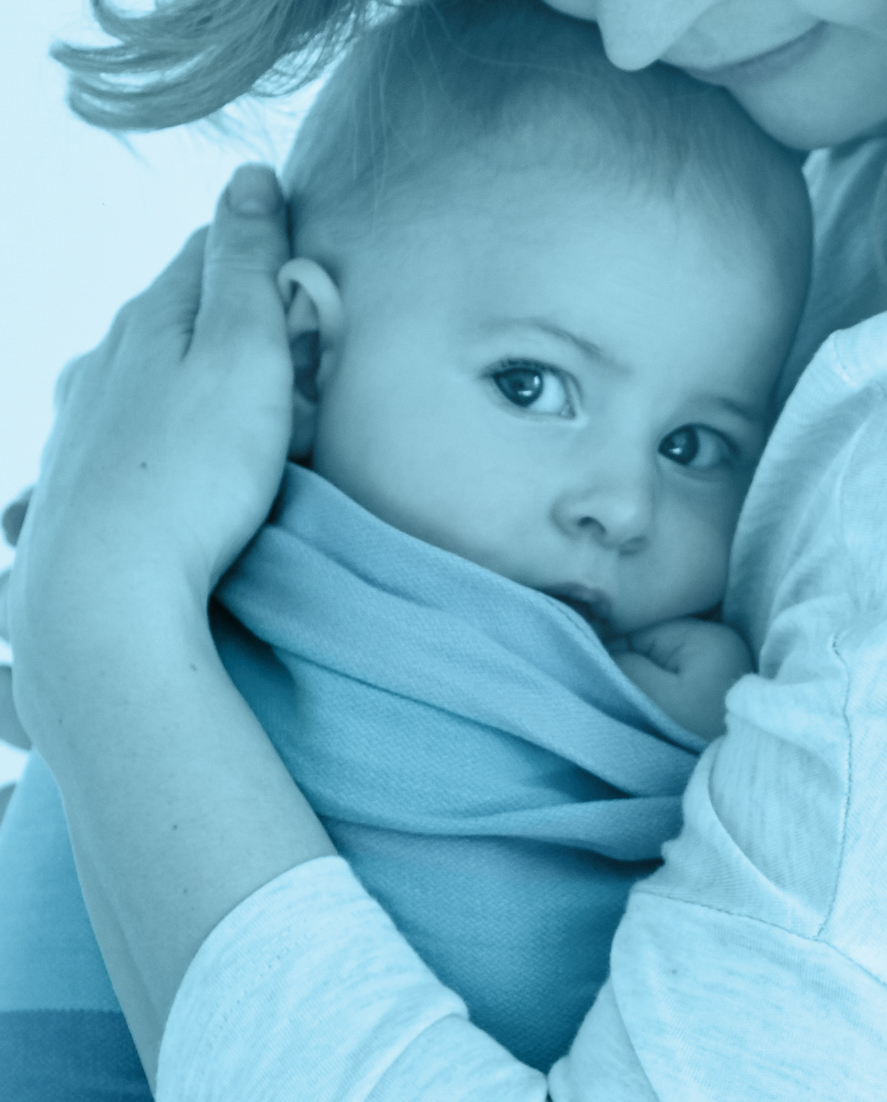CentoICU®
CentoICU® is designed to diagnose genetic conditions that become present in the newborn or early childhood period. Many of these have overlapping phenotypes and diagnosis may have immediate implications for the treatment of newborns and children.

CentoICU® is a comprehensive NGS panel for the earliest and the fastest diagnosis of critically ill newbords and children in intensive care units of hospital. It offers;
- Short TATs: 15 business days (CentoICU®) or 10 business days (CentoICU® FAST)
- Add-on option of CentoArrayCyto® possible to complement copy number analysis with high density array
- Exhaustive coverage of the coding regions within more than 800 targeted genes
- Specialized technology that allows us to target genes that are clinically linked to the ACMG-recommended newborn screening conditions as well as conditions that have been nominated for the list
- Earlier detection of these conditions can also result in less invasive and lower cost treatments for patients
- Can be performed on as little as 1 CentoCard® (10 drops of blood), 1 mL EDTA blood, and 1 μg DNA
- World-class medical reports interpreted by expert human genetics
CentoICU® is designed for analysis more than 800 genes associated with over 100 conditions. The list of included genes was developed by our expert medical team based on several selection criteria, i.e.:
- Early onset
- Severe disease
- ICU related symptomatology
- Diseases/syndromes of differential diagnostic value

Parents and physicians providing treatment to newborns and children under 24 months admitted to the ICU and presenting with unclear symptomatology which can be part of a genetic condition, i.e.:
Positive result
Indicates that a well characterized and certain disease-causing mutation was identified. This result can help to access the risk of experiencing certain symptoms and indicate the best way to treat the disease. A positive result may also identify family members who are at risk of having the mutation, therefore carrier testing may be recommended.
Inconclusive result
Indicates a change in the DNA, but this change has not been proven thus far to be associated with any disorder, To clarify the clinical significance of the variant, testing of other family members may be helpful
Negative result
Does not necessarily rule out a disorder; the patient should be managed according to clinical symptoms. Further testing may be recommended.
See here for more info on CentoICU®